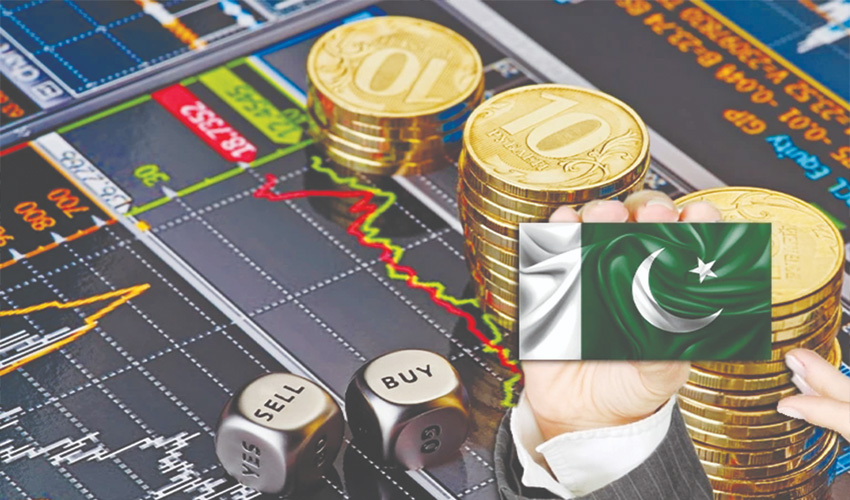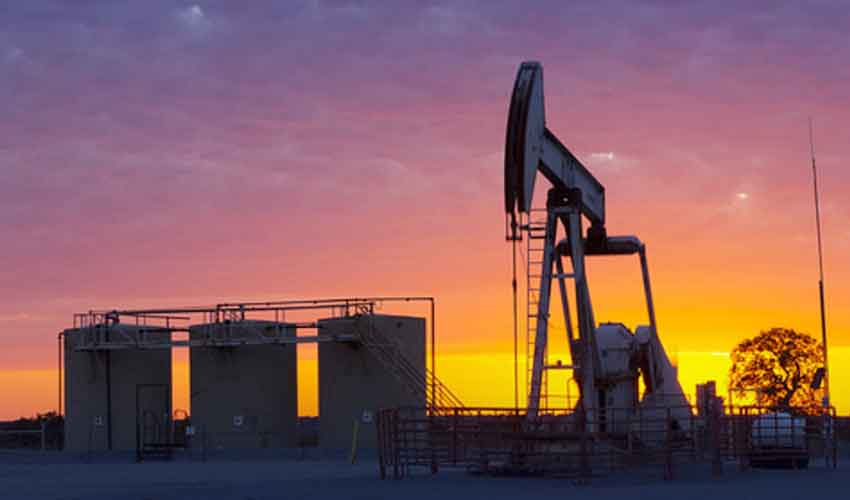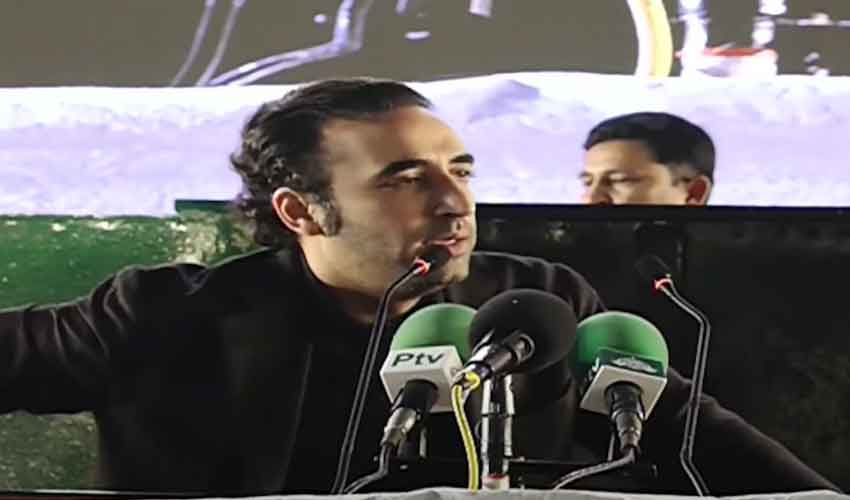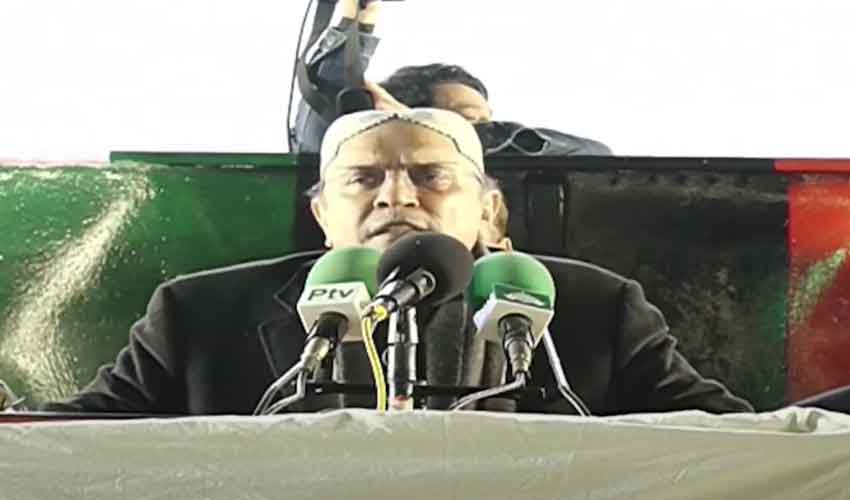Pakistan's economy is on a path of sustainable growth, with most key indicators showing positive trends during the first five months of the fiscal year 2024-25, according to the Finance Ministry's Monthly Economic Outlook Report.
The report highlights a significant decline in inflation, which fell to 4.9% in November. Projections suggest further reduction to between 4% and 5% this month. The dollar rate has stabilised, with the rupee appreciating by Rs4.48 compared to last year, trading at Rs278.42 as opposed to Rs282.90.
Exports, remittances, investment, and foreign exchange reserves have reached record levels. Exports rose by 7.4% to $13.28 billion, while remittances surged 33.6% to $14.76 billion. Total investment increased by 42.2%, amounting to $1.27 billion. Foreign exchange reserves also improved significantly, increasing by $4.6 billion to $11.85 billion.
The large-scale manufacturing sector showed recovery, growing by 0.02% after a period of negative performance. The auto sector achieved remarkable growth, with car production increasing by 25.2% and total auto sales rising by 24.8%. Cement production and sales also recorded significant increases, and a new milestone was achieved with the launch of electric vehicle production.
On the fiscal side, tax revenue collection by the Federal Board of Revenue (FBR) grew by 23.2% year-on-year, reaching Rs4,295 billion, though overall revenue shortfalls persist. The primary balance, fiscal deficit, and current account remained in surplus, reflecting improved fiscal management.
In the agricultural sector, loans increased by 8.5%, totalling Rs925 billion. However, low rainfall poses a risk of water shortages, potentially affecting Rabi crops, including wheat.
The Ministry of Finance anticipates further acceleration in economic activities, supported by a policy rate of 13%.



























